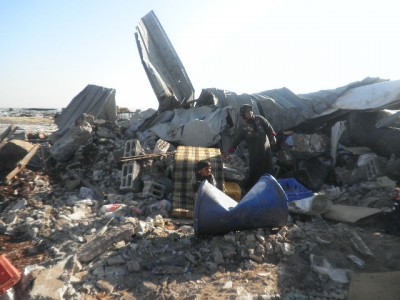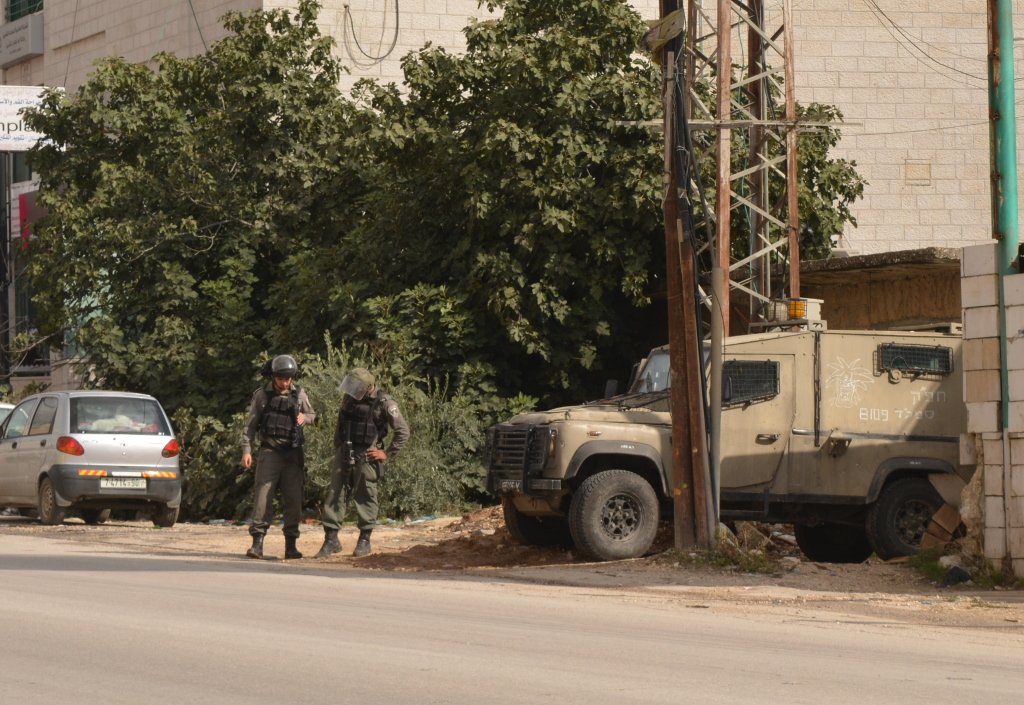Category: Nablus
-
UPDATED: 18-year-old Palestinian and ISM volunteer both shot in the chest with .22 live ammunition
28th November 2014 | International Solidarity Movement | Kufr Qaddum, Occupied Palestine Update 12th December: The Italian activist know as Patrick is returning today to demonstrate in Kufr Qaddum. Last Friday, while Patrick was still hospitalised, the residents of Kufr Qaddum flew Palestinian and Italian flags in solidarity. Patrick required surgery to remove the bullet…
-
Home demolition orders issued in Qalqilya
24th November 2014 | International Solidarity Movement, Nablus Team | Hajja, Occupied Palestine On Monday November 17th, the Israeli occupation army invaded the village of Hajja, in the Qalqilya district and issued five home demolition orders. The village of Hajja includes land that is officially considered Area C, as well as Area B, but the village…
-
Military places curfew on Huwwara village, arrests two young men, and raids Palestinian homes
5th November 2014 | International Solidarity Movement, Nablus Team | Huwwara, Occupied Palestine On Friday the 31st of October, approximately 300 Israeli soldiers invaded the village of Huwwara, near Nablus. They fired tear gas canisters and stun grenades, seemingly in attempt to clear the streets of people, and declared the village to be a closed military…



